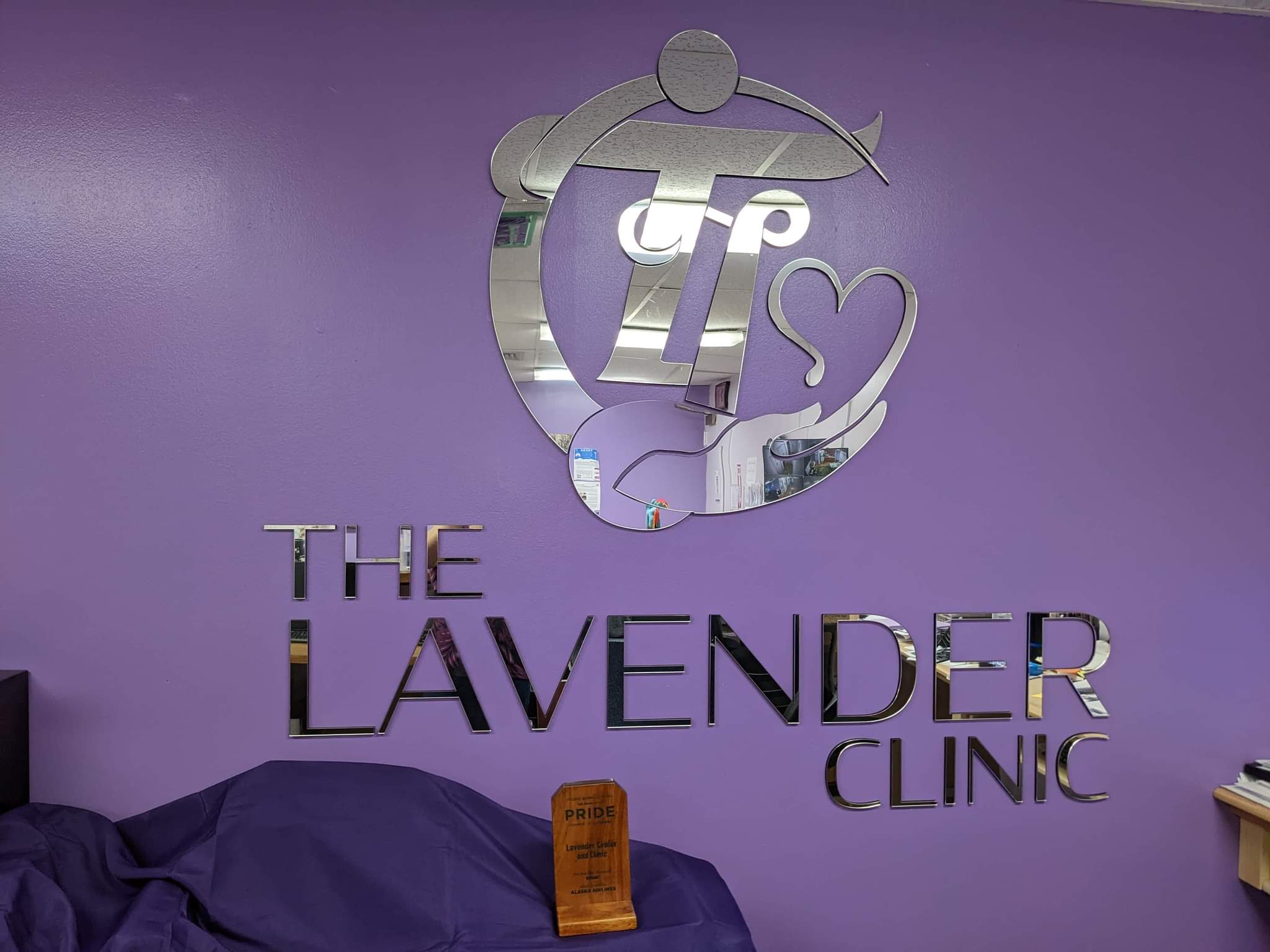Facing dire financial trouble, Hawaii’s The Lavender Clinic was on the brink of closing down by the end of this month—potentially leaving thousands of patients who depend on the clinic for LGBTQ2S+-affirming care in limbo.
The clinic, located on the island of Oahu, is where the majority of trans and non-binary youth in Hawaii receive gender-affirming care.
But at the start of 2023, chief administrative officer Jonica Caldwell feared the clinic might have to close due to a lack of funds and staff. For many patients, particularly those receiving gender-affirming hormone treatment on a regular basis, this was a devastating prospect.
“For us not to be there was horrifying to them,” Caldwell tells Xtra. “People were crying—we had lots of tears.”
But with low reimbursements from insurance providers and not enough money coming in from other sources, the clinic’s finances were in serious disarray.
“About 50 percent of our patients are on Medicaid,” says Caldwell. “That’s not a high-paying reimbursement. We don’t get a lot of money back from that.”
The extent of the problem came to light after the clinic’s CEO went on leave, the chair of the board resigned and new leadership started looking over the books. Administrators didn’t know if they were going to be able to make payroll, let alone pay rent and insurance on the building.
“We were so sure that we were so down in the red that it was unredeemable,” says Caldwell.
But Caldwell and the other clinic staff knew they couldn’t give up. People depend on The Lavender Clinic, so if there was a way to keep going, they had to find it.
“We need to save The Lavender Clinic,” says Caldwell. “We need to stay open. It cannot not exist. We see youth patients, we see high-risk patients, we see transgender and gender-diverse patients, we see minority populations and underserved populations. So to have us be in financial ruin, and not be able to have patients come in the doors, was our worst fear.”
As a last-ditch effort, staff organized a GoFundMe campaign. The fundraising goal was a tall order for the struggling clinic—to stay open, they would have to raise USD $150,000 in a matter of weeks. This was more than all the donations the clinic had raised since it opened in 2015.
But then, Caldwell says, the response from the community was “like movie magic.”
“There’s that moment in a feel-good 80s movie where the whole community joins in, and the ending is something incredible and inspiring—and right now, we are right in the middle of that,” she says.
Donations started coming in right away—from local organizations, from former patients and from people near and far who heard about the clinic’s mission and wanted to support gender-diverse people in Hawaii.
Then the fundraiser began to spread like wildfire on social media, as patients shared their stories about what the clinic had meant to them, and supporters put out a call to action.
Caldwell said many donors were inspired to show their support amidst a climate of increasing hostility towards trans, queer and gender-diverse people throughout North America.
Despite being a blue state, Hawaii has not been immune to this hostility. In recent months, Republican state senators in Hawaii have put forward a bill seeking to ban and criminalize gender reassignment surgeries on minors. (These surgeries, doctors have pointed out, are not generally performed on minors—but this legislation can have a chilling effect on patients and clinicians).
Other states, including Utah, have outright banned trans youth from starting gender-affirming healthcare. Dozens of other states are considering similar laws.
So, when people heard that a critical part of Hawaii’s gender-affirming care network might have to close, Caldwell says, “they said ‘nope.’”
“They said, this is a group that’s standing up for the underdogs, and we’re going to support that,” Caldwell says. “We want to make sure that our state is saved from the things that are going on in Florida or that are going on in Texas, because we are different—and we have the support to be different.
“No one should have the right to decide someone else’s healthcare, or what someone else’s gender is.”
As the fundraiser drew closer and closer to its goal, Caldwell was also contacted by another source—the Omidyar Group, a philanthropic investment firm who had heard about the clinic, and wanted to give it a grant.
That was when Caldwell realized The Lavender Clinic had narrowly skirted disaster. Between the successful fundraiser, the grant and the volunteers who have come forward, the clinic can stay open—at least, for the time being.
The Lavender Clinic isn’t entirely out of the woods yet. The money will let the clinic stay open until at least March 24 of this year. After that, they will need to fill “critical staffing vacancies,” and elect at least three new members to the Board of Directors.
But Caldwell is feeling optimistic.
“We don’t want to bring on a patient if we can’t continue their care,” she says. “So for the past few weeks, we’ve stopped taking new patients. But today, the person filling in for me at the front desk called and asked, ‘can we take on new patients again?’”
“And I said ‘yes.’ That’s a big, big step.”


 Why you can trust Xtra
Why you can trust Xtra


